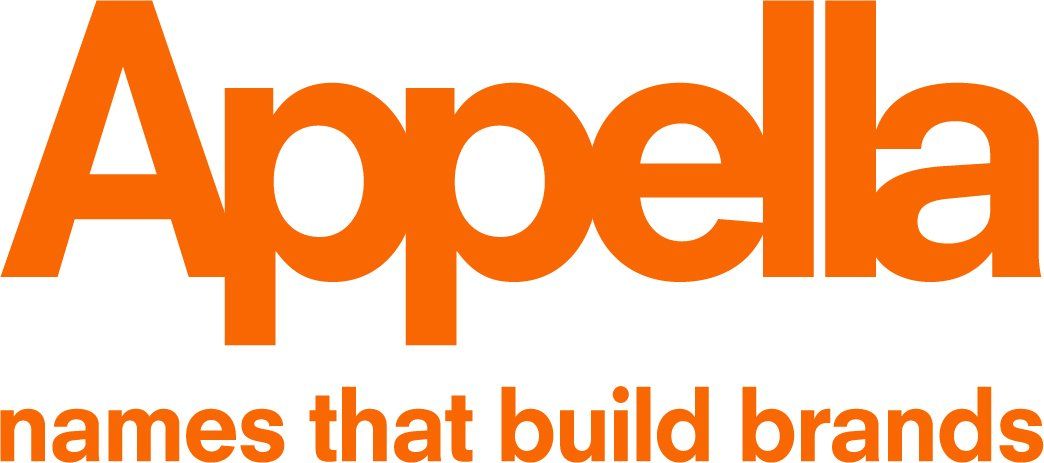WINNERS of the Specialist Branding Agency of the Year! Global Awards 2022/23. Read more.
Hoover or Vacuum? What Happens When Product Names Become Products
In our last blog, we explored brand name trends and how they begin. As unique as they start, trends also die out for a variety of reasons. But this dying out of brand names is often due to cultural shift.
This can be the result of a variety of changes in the economy, global and domestic politics, or even some clever marketing. Most interestingly, some brands can even develop such commercial dominance.

Perhaps the best scenario for a brand is genericisation or, put simply, when a brand name and the product have become so common and popular that it instead comes to represent the entire product category. One great example of this is the use of “hoover” instead of “vacuum cleaner.” Hoover is actually a brand of vacuum cleaners, among other appliances, which are still in production today. A simple search online for “hoover” not only brings up the company profile, but also their line of vacuum cleaners while other brands appear in the pair-for ad space. The advanced engineering of their flagship device enabled “hoover” to become a genericised brand name despite the fact that it wasn’t the top selling vacuum cleaner.
Of course, we’re all familiar with the term biro. Rather than simply a pen, it refers to a rather specific cheap ballpoint pen. The branded Biro Pen is an eponym. It was a ground-breaking invention by Laszlo Biro and his brother in the 1940s and they later sold their patent to the Bic company in the 1950s. The pen was remarketed as the Cristal Ball Pen, which is still in production today, yet retained its original brand name. Writers all over the world use this brand of pen but it is only the British who use the term “biro.” Likewise, this term refers to this specific pen as well as other branded pens that fall into the cheap ballpoint pen category.

Other examples of this genericisation which reflect commercial dominance include Xerox for a photocopier (often used in the USA) and Kleenex for tissues. Some brand names have become the product name so much so that some speakers cannot name the generic product (Blu-Tack [putty-like adhesive], Pritt Stick [glue stick], Google [search engine]).
It’s clear that a good brand name or product name can, quite literally, be profitable for the company. All you need is a little commercial luck.
However, a great brand name comes from appropriate research that can be tested time and time again against a growing culture and society. Here at Appella, our work produces brand and product names that can stand the test of time so your brand remains relevant.
Be sure to follow us on Facebook
and connect with us on LinkedIn!
-

“Choosing a good name is both a science and an art – Appella excels at both.”
Louise Doherty, CEO & Founder, PlanSnap -

“The speed and rigour of the Appella approach was matched by the creativity and flexibility of their staff!”
Girish Upadhyay, Tata Motors -

“I cannot speak too highly of Appella. They really were there for Wavelength. ”
Tim Leech, CEO, Wavelength
Get in touch
To find out more about how we can help, fill-in this form and we will get back to you ASAP:
Contact Us
We will get back to you as soon as possible
Please try again later
All Rights Reserved | Appella
